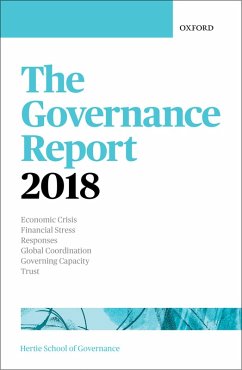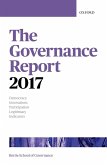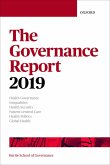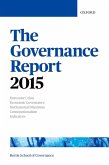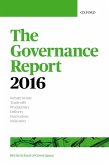The Global Financial Crisis (GFC) of 2008-9 was the greatest economic stress test since the 1940s. It put not only financial markets and currencies at risk; entire economies and political systems were threatened as the GFC soon revealed major governance shortcomings and weaknesses felt across a wide spectrum of policy fields. Globalization seemed in jeopardy, the Washington Consensus of neoliberal policies broken, and democratic backsliding set in as populism and protectionism began to take root. The GFC triggered many responses to improve governance through reforms and regulatory measures of many kinds across a wide range of fields: most prominently in finance and banking, but also in fiscal policy, trade, labor markets and social security. Ten years after the GFC, the 2018 Governance Report takes stock and asks: How have countries fared, and are they better prepared to avoid or withstand another crisis of GFC proportions? To answer this question, the 2018 Report focuses on the performance of countries before and after the GFC. Using elaborate indicator and data systems, applying state-of-the-art analytics, and covering a wide range of countries, it offers a systematic comparison of governance performance from three perspectives: What public goods are being provided, at what quality and to what effect? How ready are countries to address governance challenges in the context of globalization? What are the administrative capacities of the public sector? With measures taken before the GFC and today, these perspectives on governance performance provide important benchmarks for measuring both resilience and progress and can assist policymakers in designing effective solutions.
Dieser Download kann aus rechtlichen Gründen nur mit Rechnungsadresse in A, B, BG, CY, CZ, D, DK, EW, E, FIN, F, GR, HR, H, IRL, I, LT, L, LR, M, NL, PL, P, R, S, SLO, SK ausgeliefert werden.

